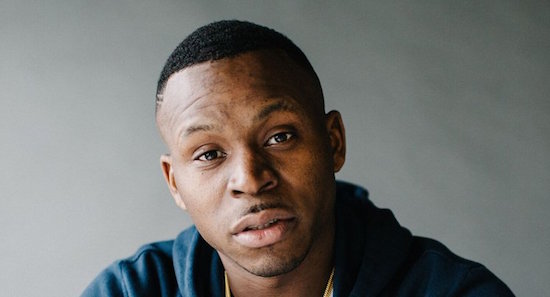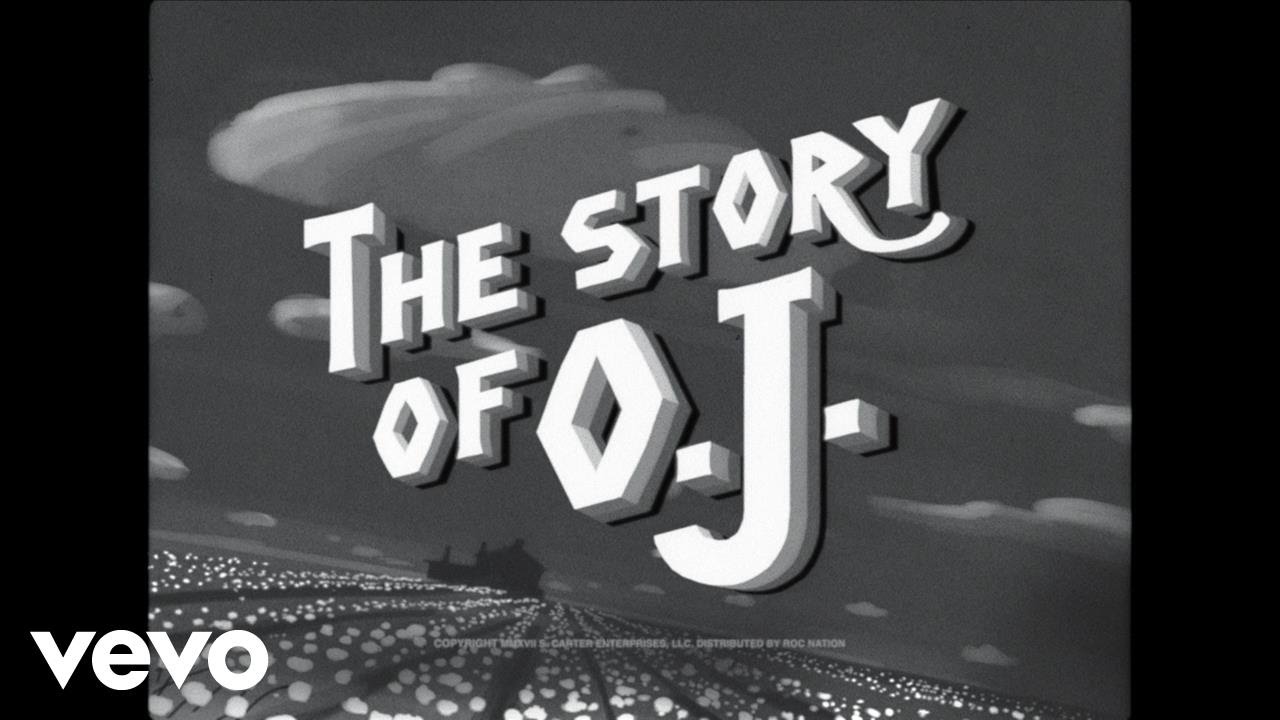In both hip hop and R&B, the convergence of exterior influences has become increasingly difficult to keep track of: afrobeats, dancehall, and general bashment sounds have been seeping their way into British hip hop, US R&B (and, of course, the music of Drake). I have written <a href=”http://thequietus.com/articles/22181-mary-j-blige-zayn-frank-ocean-rnb-album-review
” target=”out”>before about how the term “R&B” has come to encompass a huge number of sounds, making one definition of the genre difficult to express.
Hip hop, though, is a little more set in stone. Sure, there’s trap, there’s g-funk, there’s any number of incarnations depending on locality, but generally no one would be offended if you were to call, say, 2 Chainz, Drake, Lil Kim and Snoop all hip hop artists, in spite of the very different things that they do. In the US, hip hop is an umbrella term which encompasses more or less all rap music.
But the UK is different: grime – with its innovative production and fast-paced bars – has started to put the UK’s rap scene out to a global audience, but the line between a grime act and a hip hop act is far more stringent than the variants that comprise US hip hop: what a rapper like Loyle Carner does is inherently different to an MC like Wiley, of course. But then, Loyle Carner might be the only mainstream contemporary British rapper who makes music solely identifiable as hip hop.
People were right to baulk when Rita Ora called Krept and Konan and Section Boyz grime acts a couple years ago: it showed a lazy desire to co-opt the trendy rise of grime, while failing to understand what the scene actually is (and what it isn’t). But then, with J Hus or even Stormzy, that line starts to feel a little more blurred: the latter might be a grime poster boy, but his Mercury-nominated album owes as much to hip hop as it does to the brash scene he represents.
Fekky – El Clasico
(Island)
Officially out at the end of this week, Fekky’s debut album El Clasico is worth having a listen to if you’re into the bashment-tinged, J Hus end of British rap. Fekky ultimately falls under the category of a grime MC – it’s just that distinction isn’t necessarily as clear-cut as it purports, especially with the genre-blending music he’s making. That I was sent the album by a PR assuming I might be interested in covering it in this column is telling: as grime becomes more mainstream, its artists are likely to embrace sounds from elsewhere – as with R&B and hip hop – to continue innovating and creating something new. It makes sense that, as bashment becomes more mainstream, its elements are blended into grime: and that hip hop too might get a nod.
This is not a new trend in the scene: Lady Leshurr, Nadia Rose, Stefflon Don are not artists who can be labelled under one genre. And so too is the case with Fekky – but I think you’d be remiss not to consider his work if you’re solely a hip hop fan, because there’s a lot to enjoy on El Clasico. Yes, this is for the most-part high energy grime that pulsates with raw heat and brash, quasi-operatic theatrics, but Fekky’s music is lyrical and melodic too: the gentle ebb and flow of ‘Cappin On’ could just as easily find a home on a hip hop album.
Possibly our reticence with calling British rap ‘hip hop’ is a sensitivity – the US reaction to Giggs’ bars on More Life was testament to this. But as British rap continues to innovate, branching into grime, hip hop, and bashment, it would feel churlish to ignore the confluence. Perhaps it’s okay for there to be crossover and not be so strict about what is and what isn’t: someone like Fekky is an exciting reminder of the possibilities of genre-blending.
Cardi B – ‘Bodak Yellow’
(Atlantic)
This is one of the biggest songs in the states right now: it’s managed to knock ‘Despacito’ off the top of the iTunes chart, and that is no mean feat. Bronx-born rapper Cardi B is a former stripper and former reality TV star – she was on VH1’s series, Love & Hip Hop: New York (other cast members have included Remy Ma and Felicia Pearson) – and she’s been making waves the past couple of years with a string of mixtapes, notably with her track ‘Lick’ featuring Offset. The buzz around ‘Bodak Yellow’ – an homage to Kodak Black – has shot her to next level. Produced by the relatively unknown J White Did It, the track bangs with the dark spiral of trap and Cardi spits about why you shouldn’t fuck with her. Hip hop is, of course, very much a male-dominated genre, and trap especially so – which is why it’s especially fantastic that it currently has such a huge anthem by a female who identifies as a feminist, and her output hasn’t been sugar-coated with cloying, poppy marketing.
Denzel Curry – 13
(PH Recordings)
With production that wouldn’t sound amiss on a GAIKA release – smoky, overwhelming industrial sounds – and delivery that shoots to kill, the immediacy of this surprise EP from South Florida rapper Denzel Curry is impressive. He spends much of the release spitting vitriol and braggadocio (he is “the ultimate”, he reminds us repeatedly, referencing his 2015 hit of the same name), and such is his conviction that you don’t question it. He made XXL’s Freshman class list last year, and if Curry keeps up releases like this a mainstream breakthrough seems very likely. Bar ‘Zeltron 6 Billion’, 13 is musically left-field and distorted, and it makes for an exciting insight into where Curry could take his sound.
Vic Mensa – The Autobiography
(Roc Nation)
The wait for Chicago’s Vic Mensa to drop his debut album has felt endless, but the content of The Autobiography perhaps tells us why: this is a deeply personal album that doesn’t shy away from dissecting his past – be it matters of identity or mental health, it’s the sort of thing that takes guts to put forth for public inspection. Opening with the interpolation of Darondo’s ‘Didn’t I’, Mensa begins spinning the tale of his life, and lyrically it veers between seething and endearing, righteously talking about his first encounters with racism, but also fondly chastising his family and friends for doubting he could make it. However, from a musical point of view, the record misses the mark – which is surprising, given the clear proclivity Mensa had for beats and production on releases like ‘Down On My Luck’. The inclusion of Weezer on ‘Homewrecker’ is strong, and there’s a dank 90s synth on Pharrell-featuring ‘Wings’, but it largely feels all over the place which – when coupled with a lack of truly original delivery style – does detract from what should be a searing insight into who Vic Mensa is.
Ms Banks – ‘Vibez’
(Ms Banks)
“Step in the booth and turn into an arsonist,” south Londoner Ms Banks proclaims, referencing her exquisite slot last year on 1xtra’s Fire in the Booth. With each release, feature and gig, the rapper – who was inspired as a child by her uncle rapping over drum and bass – asserts her place in the UK scene. Indeed, there’s something of old-school MC culture in here: ‘Vibez’ is all minimalist, echoey production and confident, amusingly British bars (“shit, the tune bangs like Cilit”). This is a banger for the hazy early hours.
Tyler, the Creator – Flower Boy
(Columbia)
Much of the discourse surrounding this release has ended up being about the Odd Future man’s sexuality (“next line’s gonna have ‘em like ‘whoa’ / I’ve been kissing white boys since 2004”), but to reduce Tyler’s latest album to a possible coming out – or, indeed, a trolling of the music news media – somewhat misses the point and ignores how potent an LP this is. Flower Boy is a record that permeates with a warmth and intimacy, and – though it’s not unfair to question his sincerity given his propensity for trolling and controversy – his gruff ruminations on dreamy romance and modern loneliness are some of the most poignant put to music this year. On ‘See You Again’, Tyler and Kali Uchis ponder infatuation (“You exist behind my eyelids, I don’t want to wake up”), while the gorgeous ‘911 / Mr Lonely’ gains extra resonance not just through stark lyrics (“I can’t even lie, I been lonely as fuck”), but through smooth vocals from Anna of the North, Steve Lacy and Frank Ocean. Though imbued with emotion it’s not as angsty as Cherry Bomb, and Flower Boy retains that in-your-face, tongue-in-cheek spit that Tyler excels at. Be it the glorious ‘Groove is in the Heart’-sampling ‘I Ain’t Got Time!’ or the hot minute of Lil’ Wayne-featuring ‘Droppin’ Seeds’, this is a very enjoyable record.
Quay Dash – Transphobic
(Perth Records)
As trans visibility increases, so too does transphobia. Although this is a re-release, it’s well worth checking out Quay Dash’s EP if it slipped by your radar first time around last year. The transgender Bronx rapper is necessarily representing for her community – she has spoken before about the difficulties of being both trans and black – but, as much as this is important listening from a topical point of view, it’s also exquisitely produced. ‘Bossed Up’ especially glitches and whirrs courtesy of PC Music affiliate SOPHIE. “I’m the queen, I’mma reign supreme,” Dash boasts on ‘Willin’’ and indeed, this is an EP dripping with self-assurance – another track is called ‘Queen of NY’. Minimalist, quasi-industrial production meets 90s lightness, and – topped with nonchalant, lithe delivery and bold lyricism – this is a fascinating listen.
NAV & Metro Boomin – Perfect Timing
(Boominati Worldwide)
Metro Boomin is the king of production right now: you need only consider ‘Tuesday’, ‘Jumpman’, ‘Mask Off’ and ‘Bad and Boujee’ to realise that – at his best – the young Missouri producer has the midas touch. Unfortunately, that touch doesn’t seem to extend when working with an artist who is frankly bland on bars: and Canadian NAV is unfortunately that. Collaboration Perfect Timing is not bad, per se, but given the projects Metro Boomin has been involved with it’s a shame that NAV’s flow and content is just a bit underwhelming placed against such slick beats. Artists like Playboi Carti have proved this year that lyrical content isn’t necessarily the end-game if you’ve got a convincing delivery style, but NAV doesn’t have that either. The features – including Gucci Mane and Lil Uzi Vert – only really serve to reinforce that feeling that NAV is dull, with little to say that is in any way memorable: which is a shame especially given the rarity of mainstream rappers of South Asian descent.
Meek Mill – Wins & Losses
(Maybach Music Group)
You have to feel a bit sorry for Meek Mill. Insofar as mainstream awareness goes, the Philadelphia rapper’s career has really been one of losses more than wins, plagued with beefs and controversies (most famously, he exposed Drake’s alleged use of a ghostwriter – but this did not dethrone the Canadian as Meek Mill might have hoped). It’s a shame his output has become so overshadowed, really, because Wins & Losses, executively produced by Rick Ross, is easily his strongest release to date. Perhaps it gains this strength from his ability to reflect poignantly on those losses. If you disregard the Chris Brown feature, there are strong guest spots (Lil Uzi Vert, Future, and Quavo, to name a few), but it’s the subdued way that Meek himself considers the reality of fame versus his youthful expectations that make this worth listening to. ‘Heavy Heart’ is an especially jaded consideration of whether you can trust people on the road to fame.
Honourable mentions:
Kamaiyah – ‘Mo Money Mo Problems’
(Interscope)
Jay Z – ‘The Story of OJ’
Vince Staples – Big Fish Theory
(Def Jam)
Read my review here.




